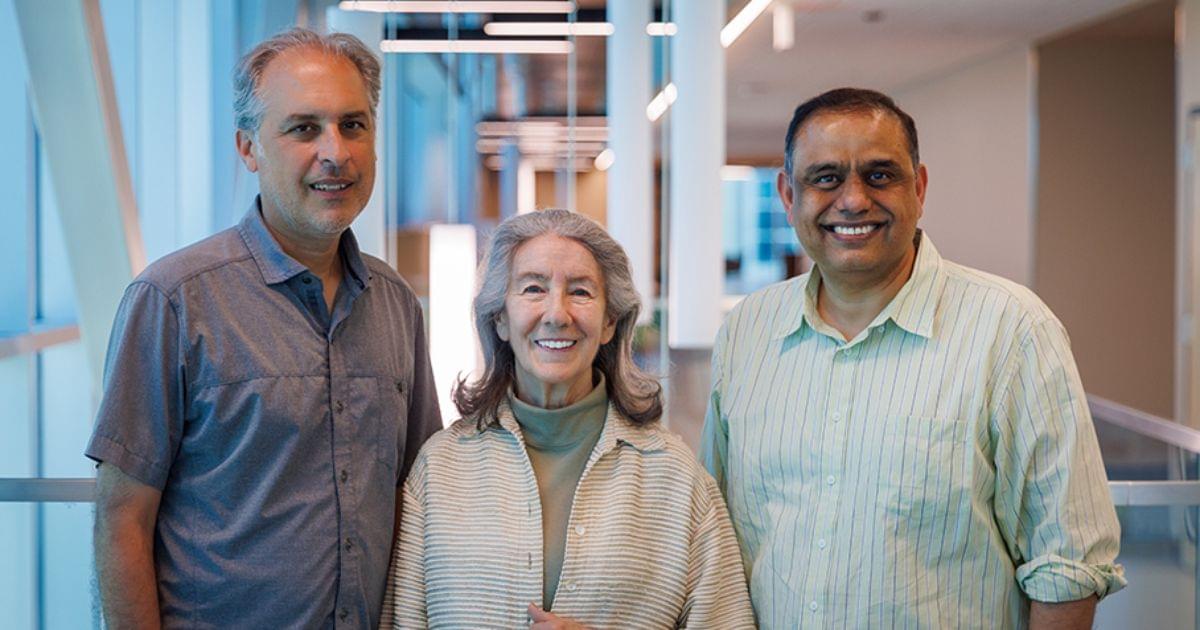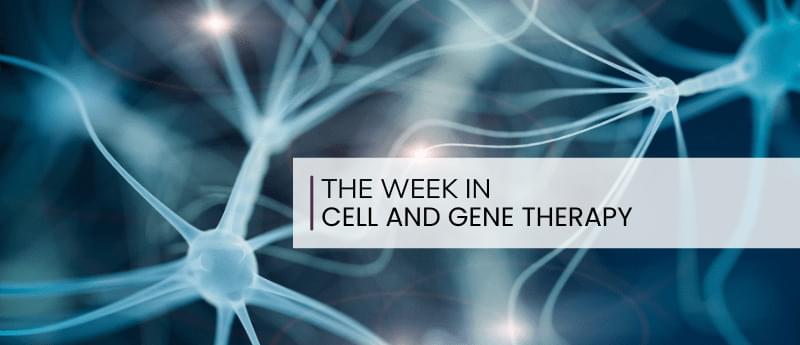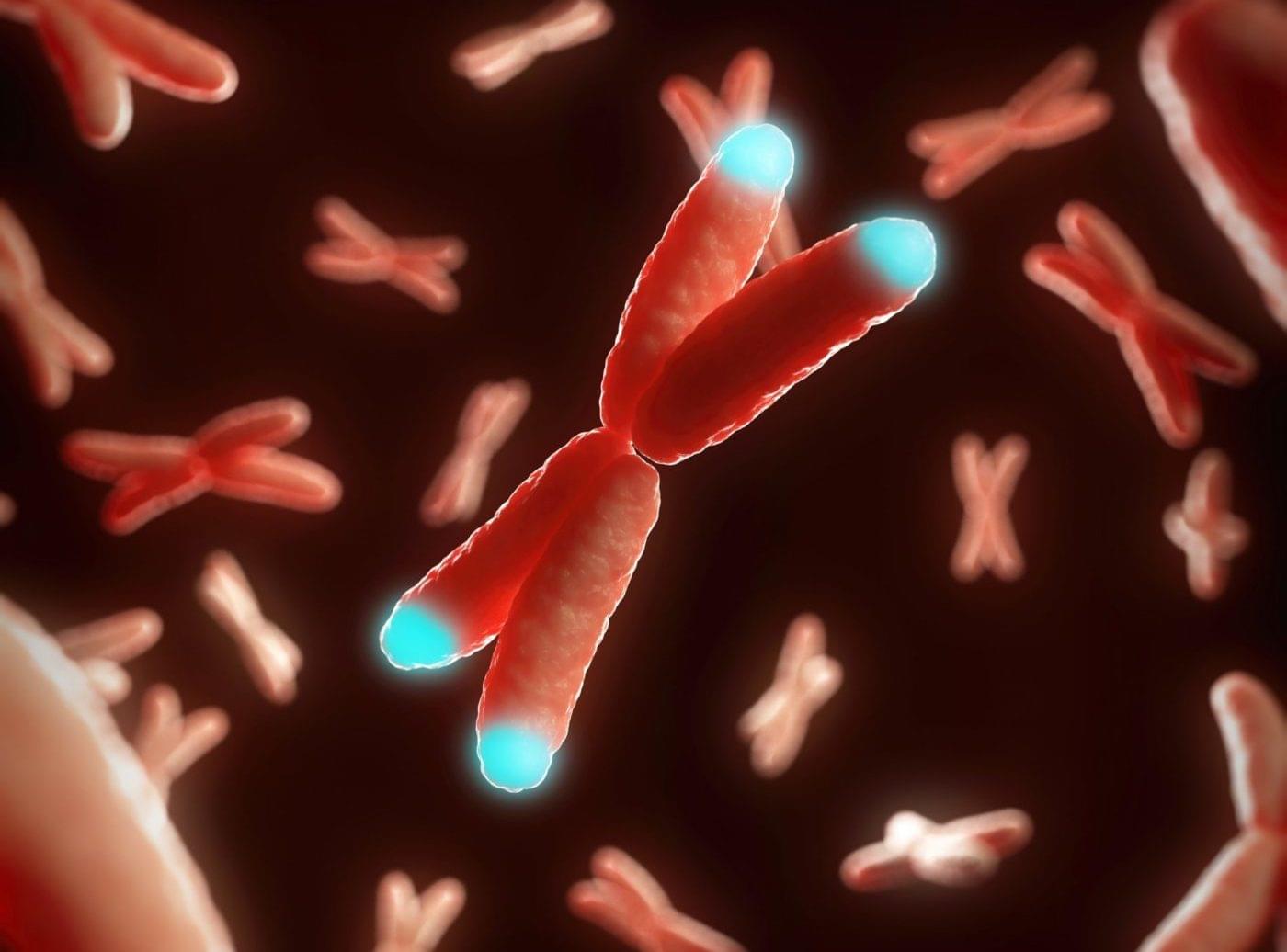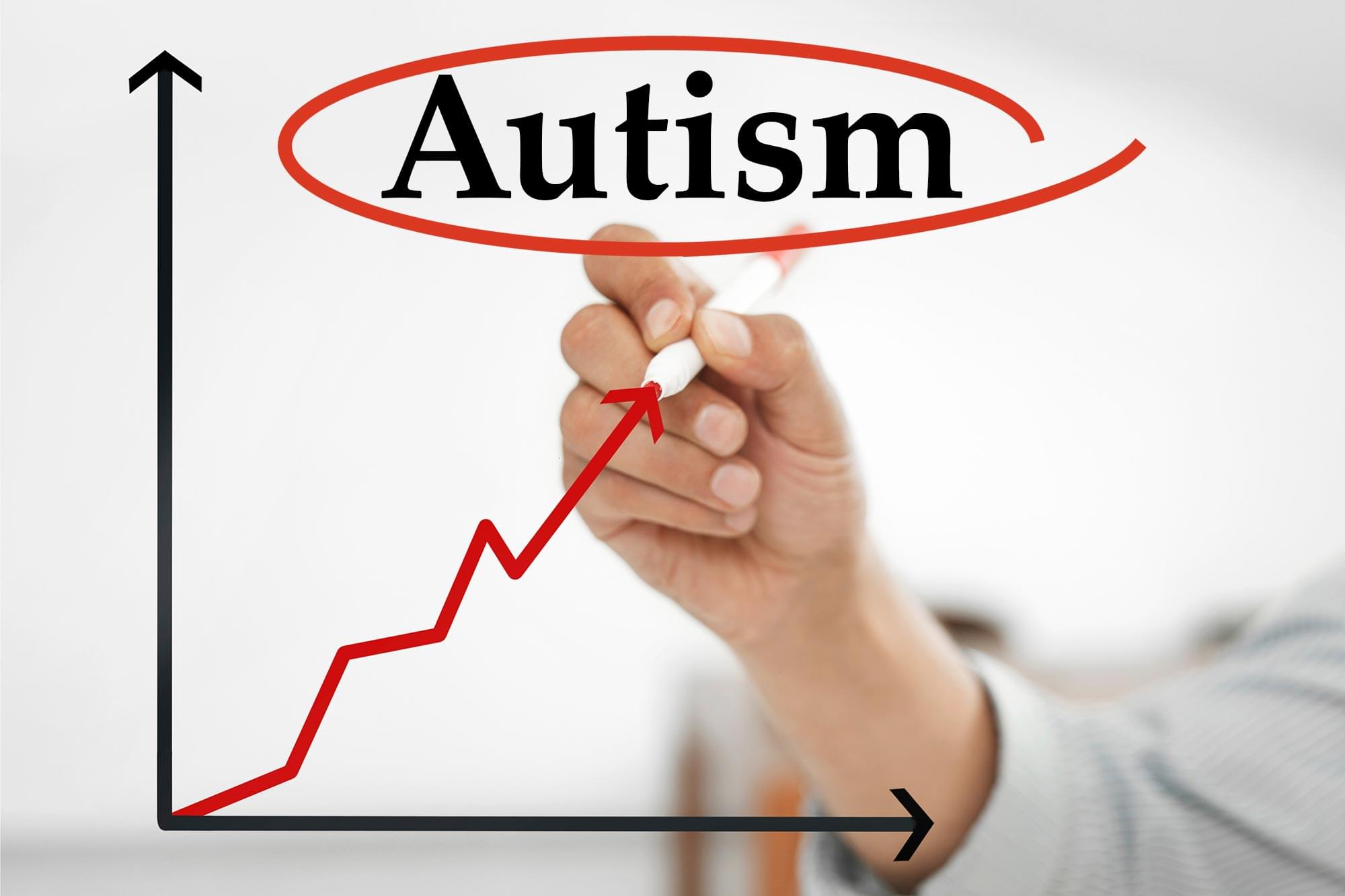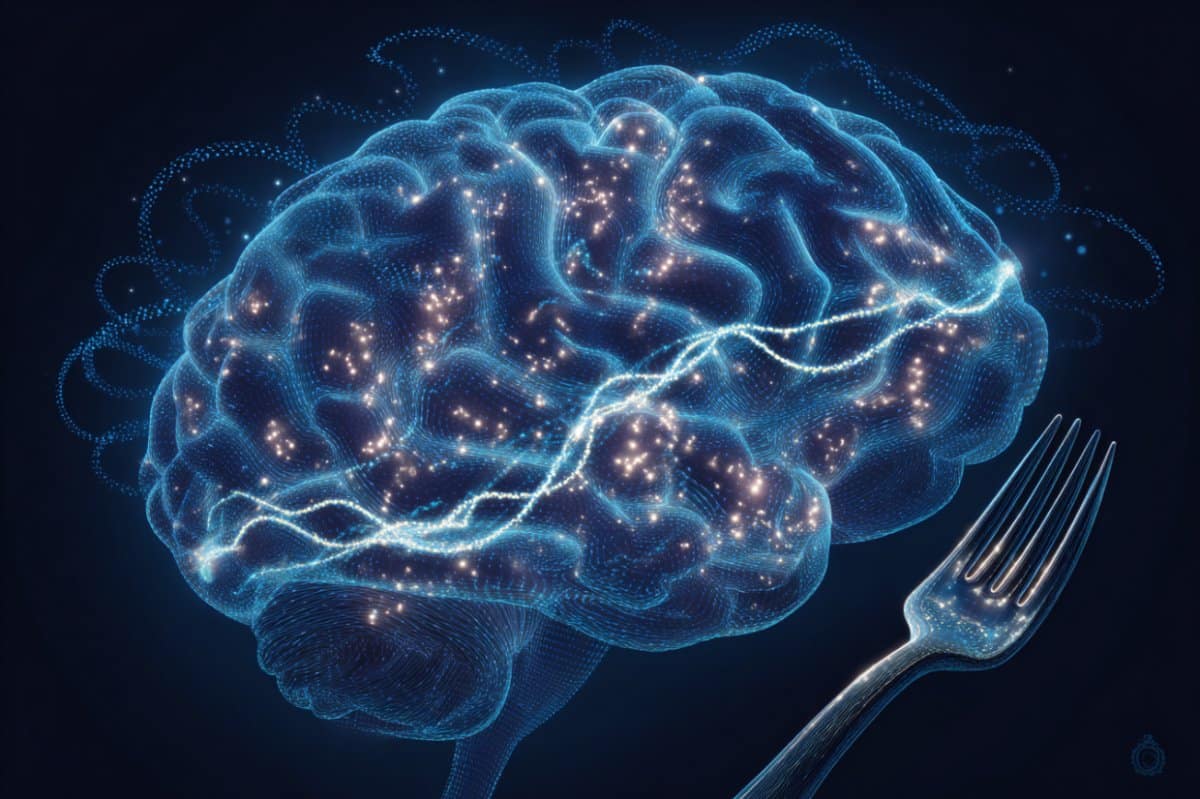Exposure to endocrine-disrupting chemicals in early life, including during gestation and infancy, results in a higher preference for sugary and fatty foods later in life, according to an animal study being presented Sunday at ENDO 2025, the Endocrine Society’s annual meeting in San Francisco, Calif.
Endocrine-disrupting chemicals are substances in the environment (air, soil or water supply), food sources, personal care products and manufactured products that interfere with the normal function of the body’s endocrine system. To determine if early-life exposure to these chemicals affects eating behaviors and preferences, researchers from the University of Texas at Austin conducted a study of 15 male and 15 female rats exposed to a common mixture of these chemicals during gestation or infancy.
“Our research indicates that endocrine-disrupting chemicals can physically alter the brain’s pathways that control reward preference and eating behavior. These results may partially explain increasing rates of obesity around the world,” said Emily N. Hilz, Ph.D., a postdoctoral research fellow at the University of Texas at Austin in Austin, Texas.


